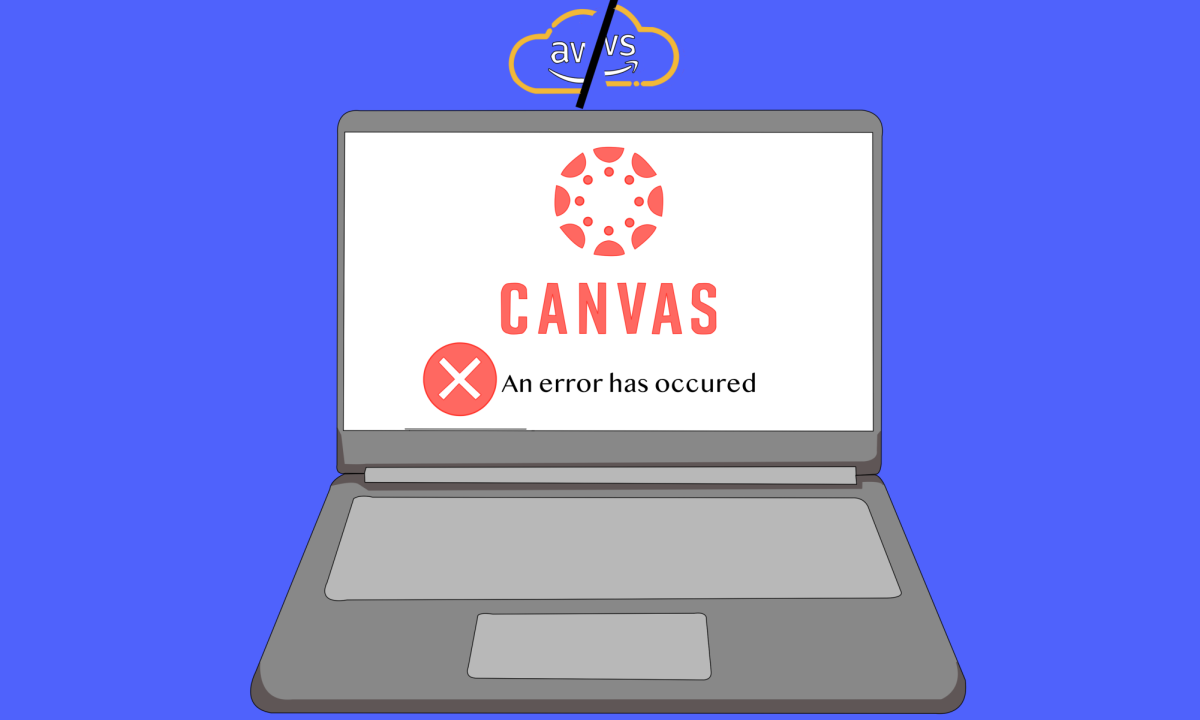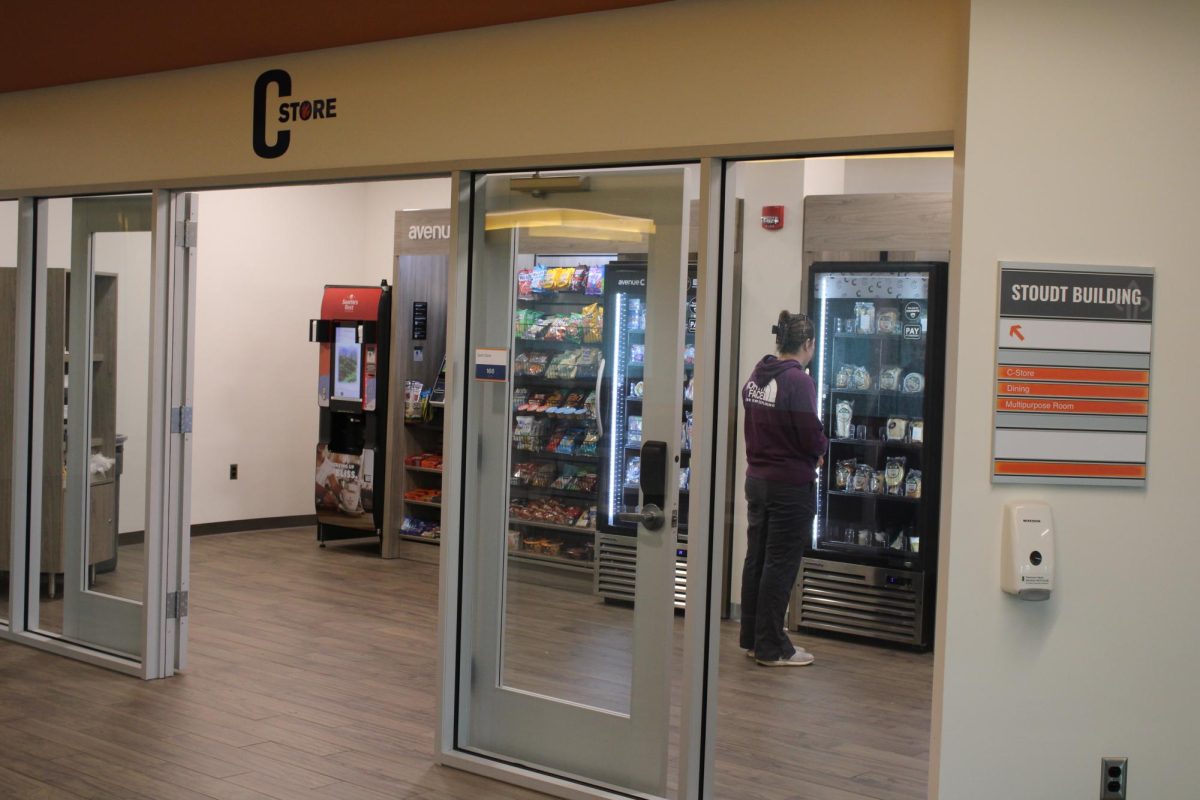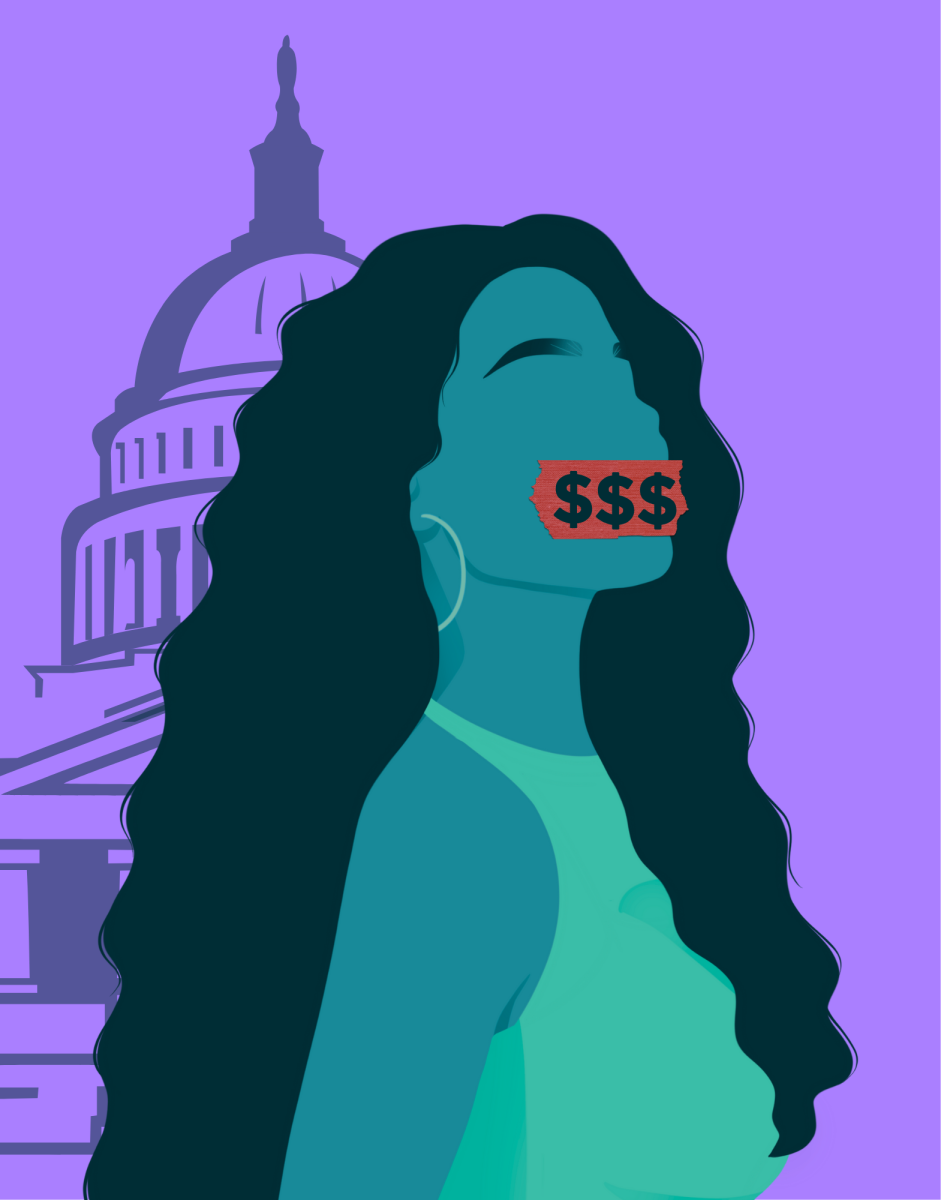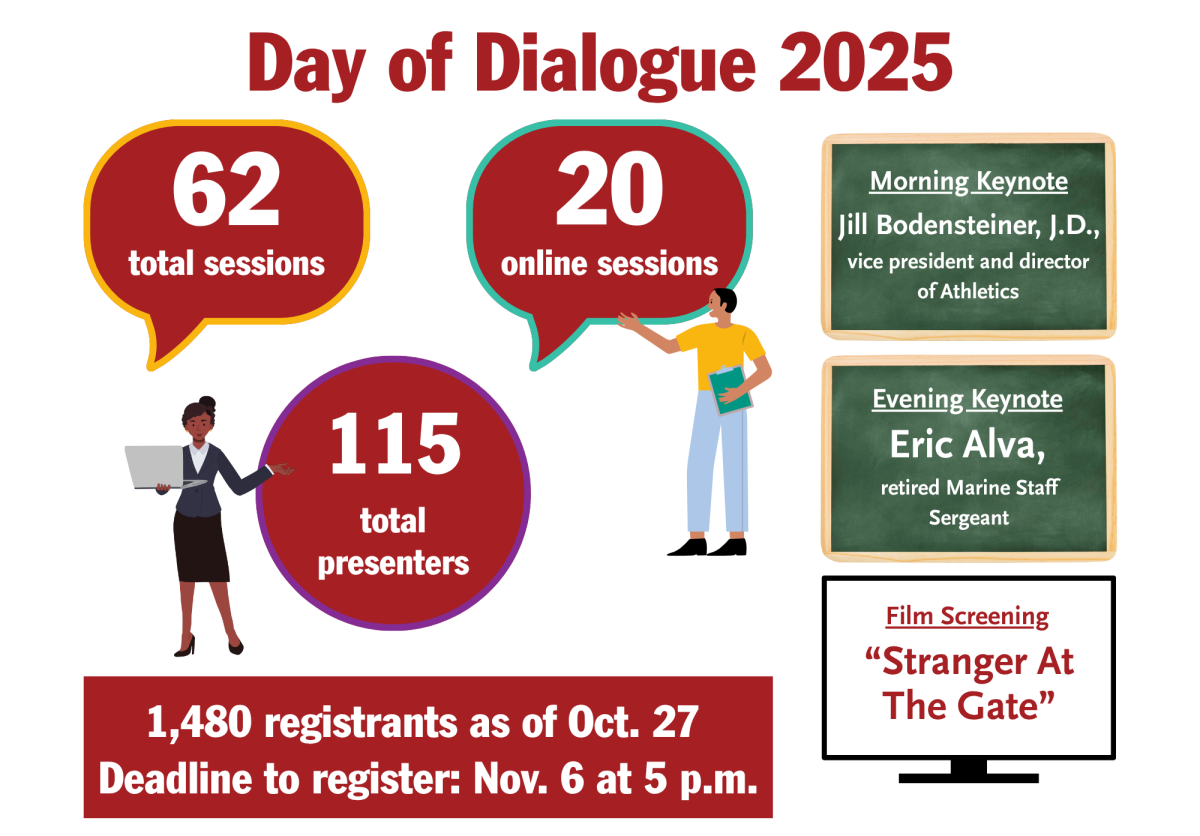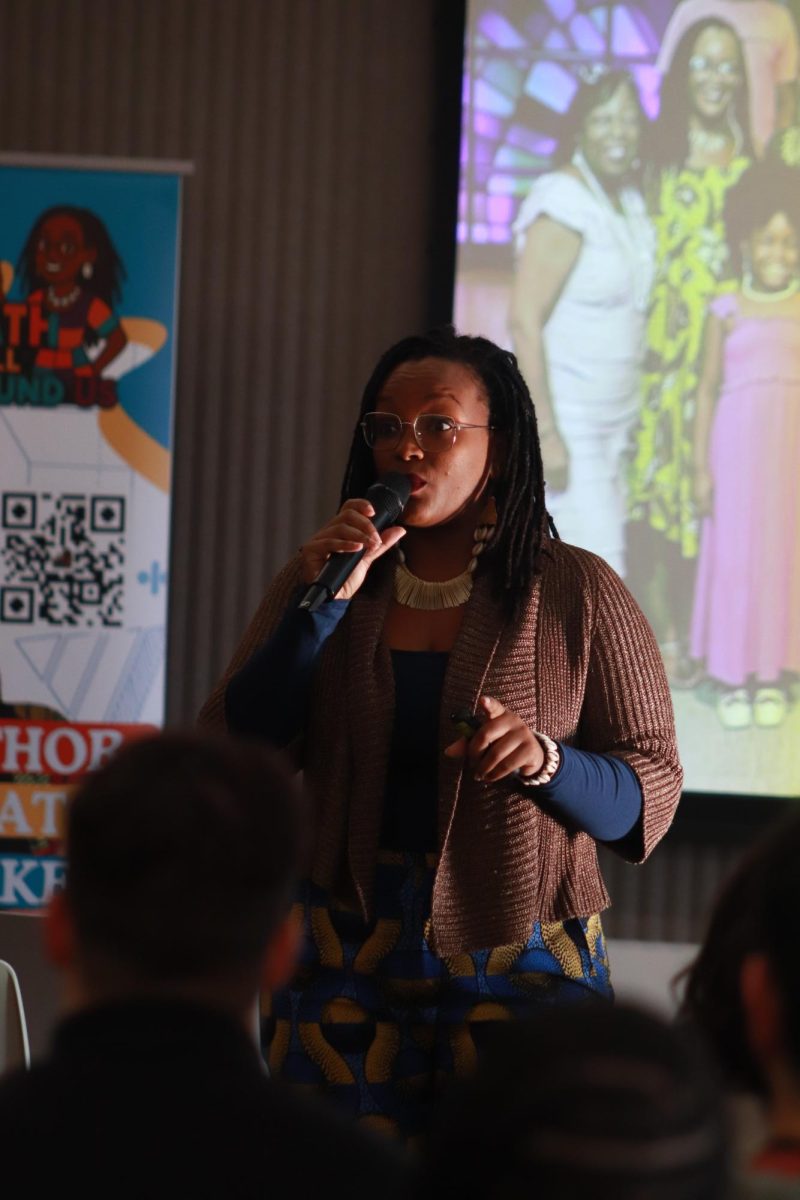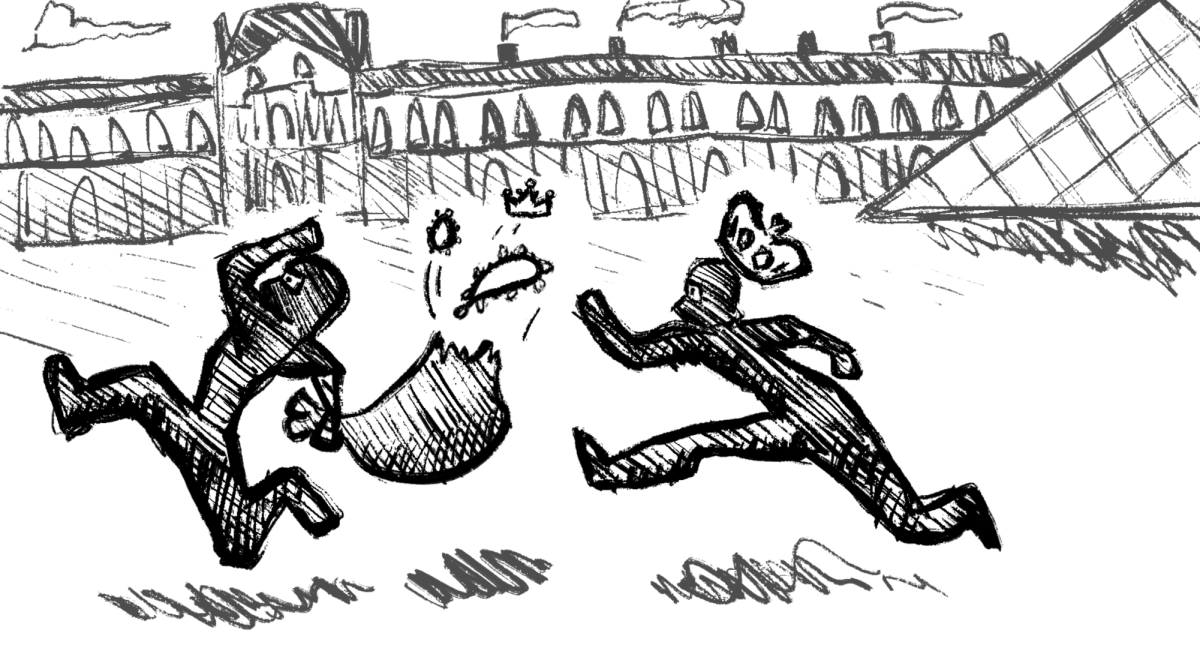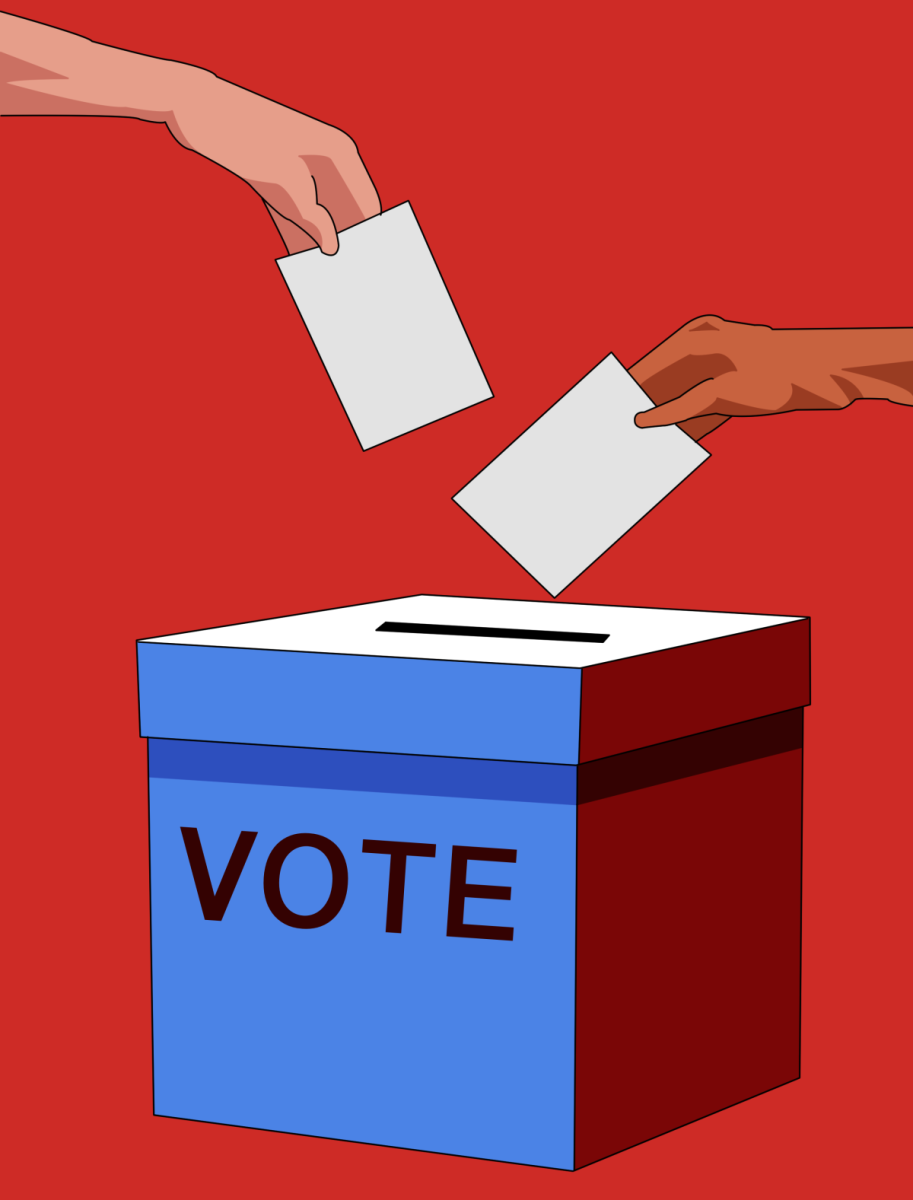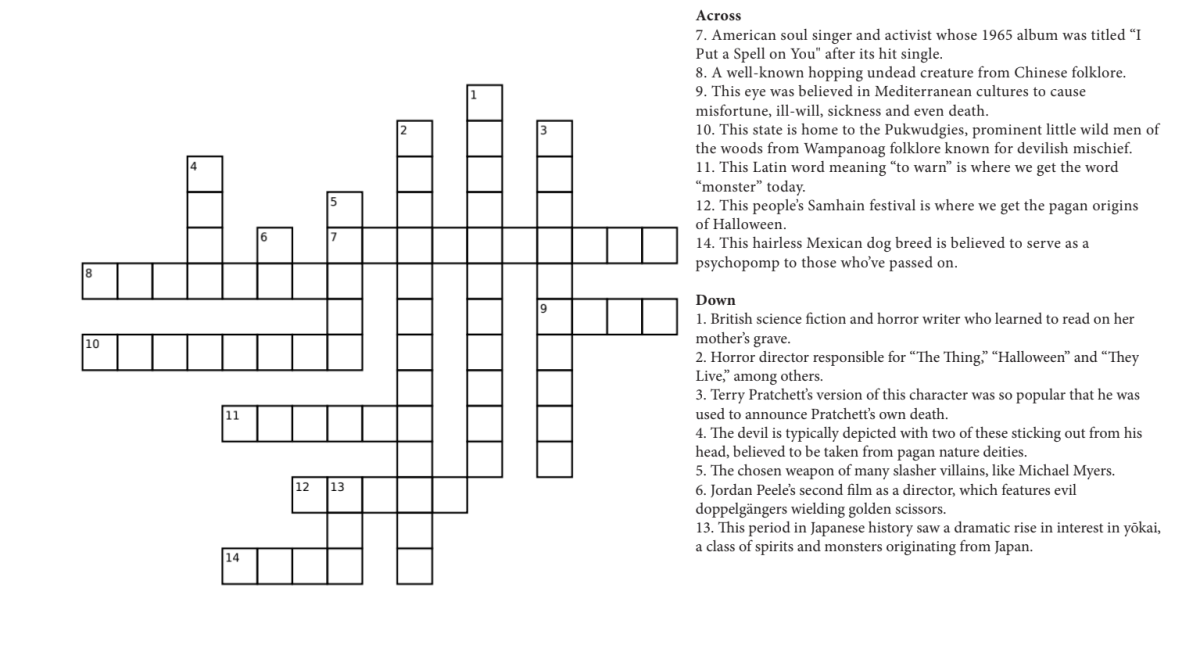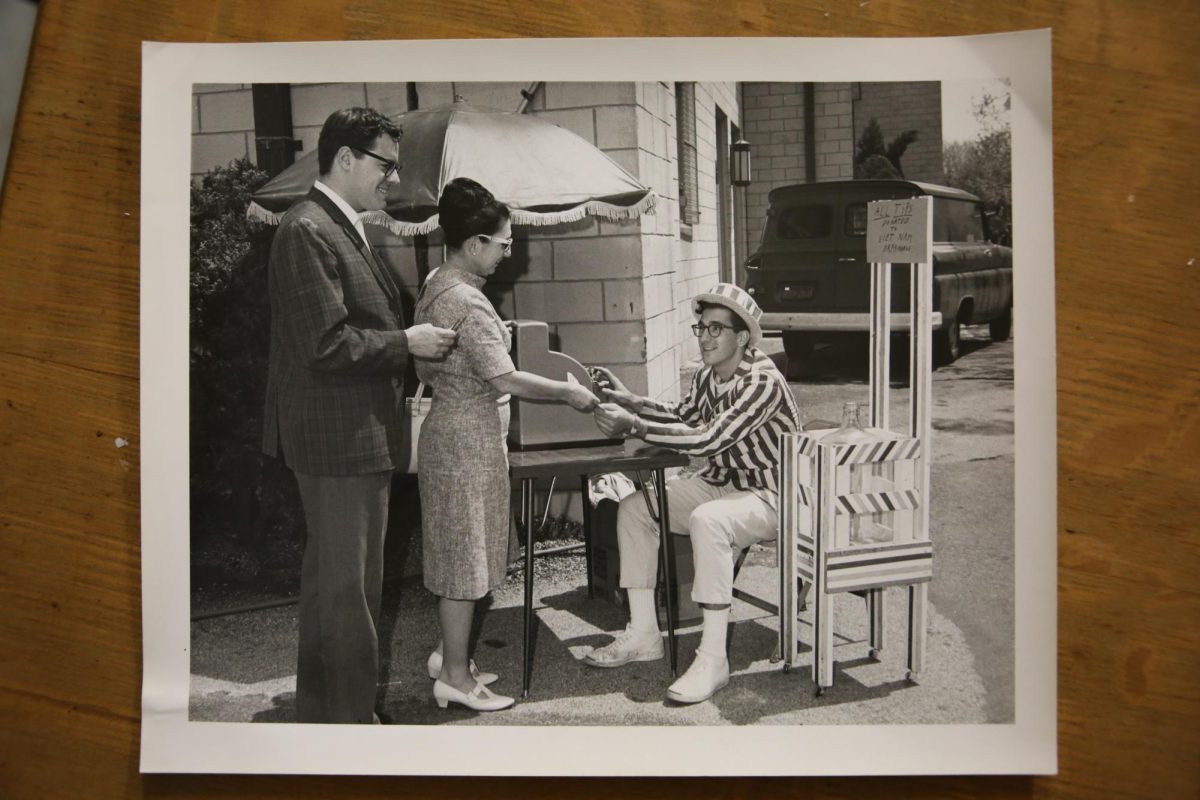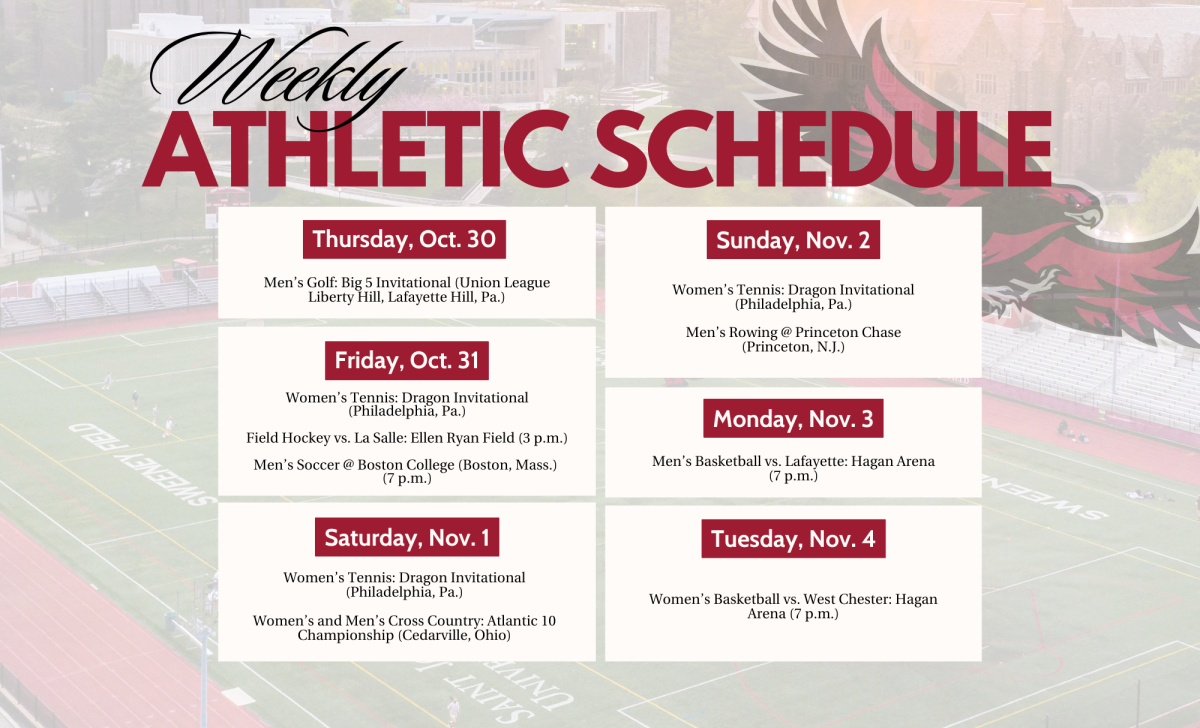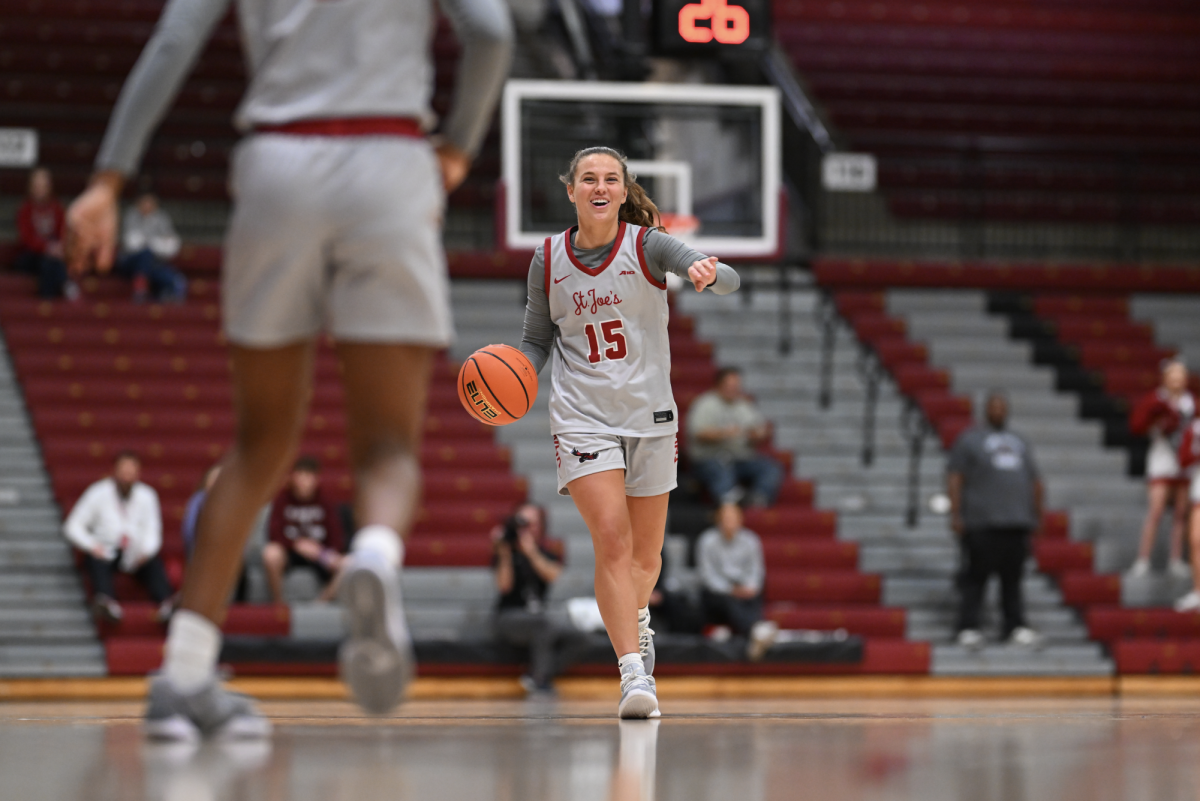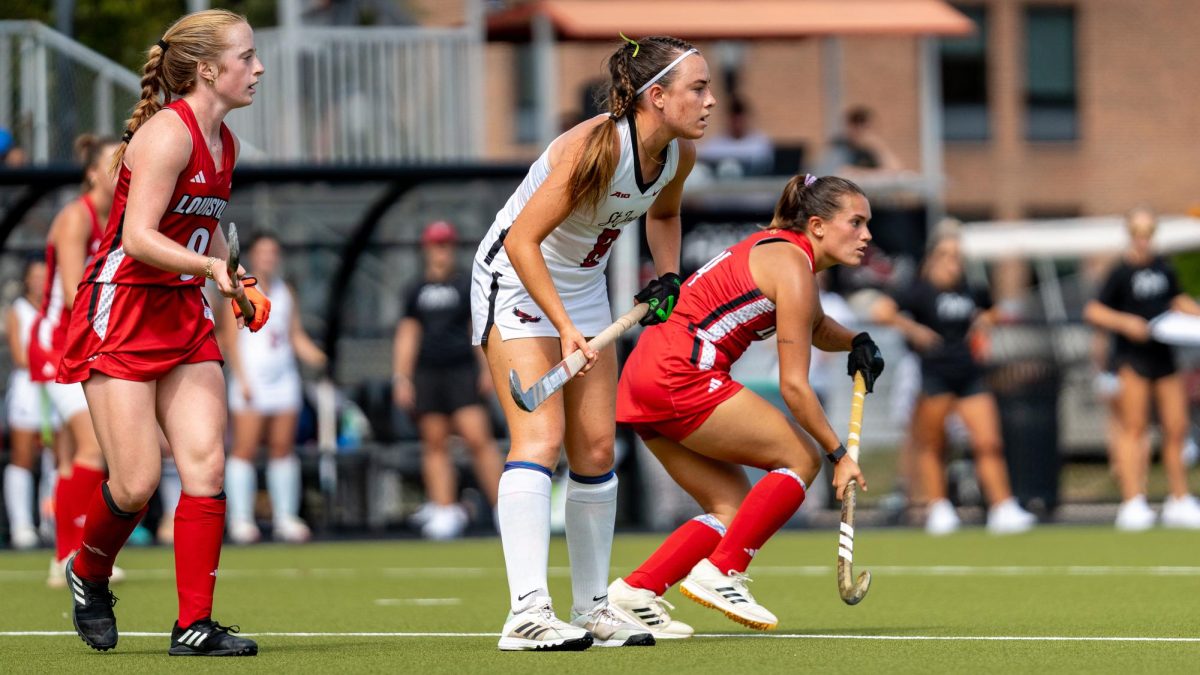RateMyProfessors removes hotness rating
With registration for spring 2019 classes approaching and students turning to the website RateMyProfessors.com to help decide which courses to take, they will no longer be able to base that decision on how “hot” a professor is.
In late June, RateMyProfessors ditched its controversial chili pepper rating, which allowed students to add a chili pepper to their online evaluation of an instructor.
BethAnn McLaughlin, Ph.D., assistant professor of neurology and pharmacology at Vanderbilt University, led a social media campaign this summer to persuade RateMyProfessors to get rid of the pepper.
McLaughlin tweeted at the company, “Life is hard enough for female professors. Your ‘chili pepper’ rating of our ‘hotness’ is obnoxious and utterly irrelevant to our teaching. Please remove it because #TimesUP and you need to do better.”
Thousands of Twitter users responded in support of McLaughlin’s tweet.
“It’s embarrassing to have someone who is 18 or 20 years old looking at a professor and being like ‘Do I think she’s hot? Do I give her a chili pepper?’ That’s just gross,” McLaughlin told The Hawk during a phone interview.
On June 28, RateMyProfessors responded to McLaughlin in a tweet that the chili pepper rating was meant to “reflect a dynamic/exciting teaching style.”
However, the company said, it understood McLaughlin’s point and removed the rating.
McLaughlin said many women academics already face gender discrimination from their colleagues. They don’t need it from students, too.
“There’s a huge gender bias that we need to tackle,” McLaughlin said, “and certainly having a chilli pepper on there, asking if your professor is hot, is not acceptable.”
A 2015 study by Ben Schmidt, Ph.D., assistant professor of history at Northeastern University, examined differences between the language used to evaluate male professors and female professors on RateMyProfessors.
Schmidt found while male professors are labeled “sarcastic,” “savvy” or “intellectuals,” female professors are commonly described in words connected to their personalities or physical attributions, such as “strict,” “sweet” or even “hot.”
Jo Alyson Parker, Ph.D., professor of English at St. Joe’s and a member of the Gender Studies Committee, suggested gender bias in student evaluations are not limited to RateMyProfessors.
“I know female professors who, on their student evaluations, had students who were commenting on the clothes they wore,” Parker said. “It’s pretty doubtful that a man would get those kind of evaluations.”
Robert Moore, Ph.D., professor of sociology, specializes in issues in higher education and social inequality.
He said the anonymity of student evaluations encourages this behavior.
“Sexist notions can come out freely in sites like this because there’s no inhibition,” Moore said. “It allows those who have sexist beliefs to promote them without anyone knowing who they are.”
Moore explained that both historically and contemporarily, women in higher education have had to work harder than their male counterparts to prove their competence.
“Look at two professors who come in at exactly the same time, with exactly the same credentials, and follow them through the course of obtaining tenure and various promotions and compare those categories.” Moore said. “I think you would still find, even with all other things being equal, that there would be a gender differential between men and women.”
Tia Pratt, Ph.D., a former visiting professor of sociology at St. Joe’s, said racial bias and not just gender bias, can be found in evaluations as well.
Pratt said many of her students at St. Joe’s had never encountered a black woman in a position of authority and that had the potential to impact their evaluations of her.
“This disconnect can lead to a backlash that manifests itself in course evaluations,” Pratt said. “There is evidence that professors who are women and racial minorities receive lower scores on course evaluations.”
McLaughlin said at the end of the day, RateMyProfessors is what students make it, and it is specifically male students who must be at the forefront of societal change when it comes to the way female professors are viewed.
“The sooner we can help those transitioning from high school to college understand what the societal norms should be as we look at each other as professionals, we’ll be able to really change the arc of understanding how to interact with one another in less contentious ways as just men and women,” McLaughlin said. “It makes you a better human to understand the experiences of others. And to a certain extent, that really falls on our male students a little bit more heavily.”
Christina Photiades ’20 contributed to this story.

